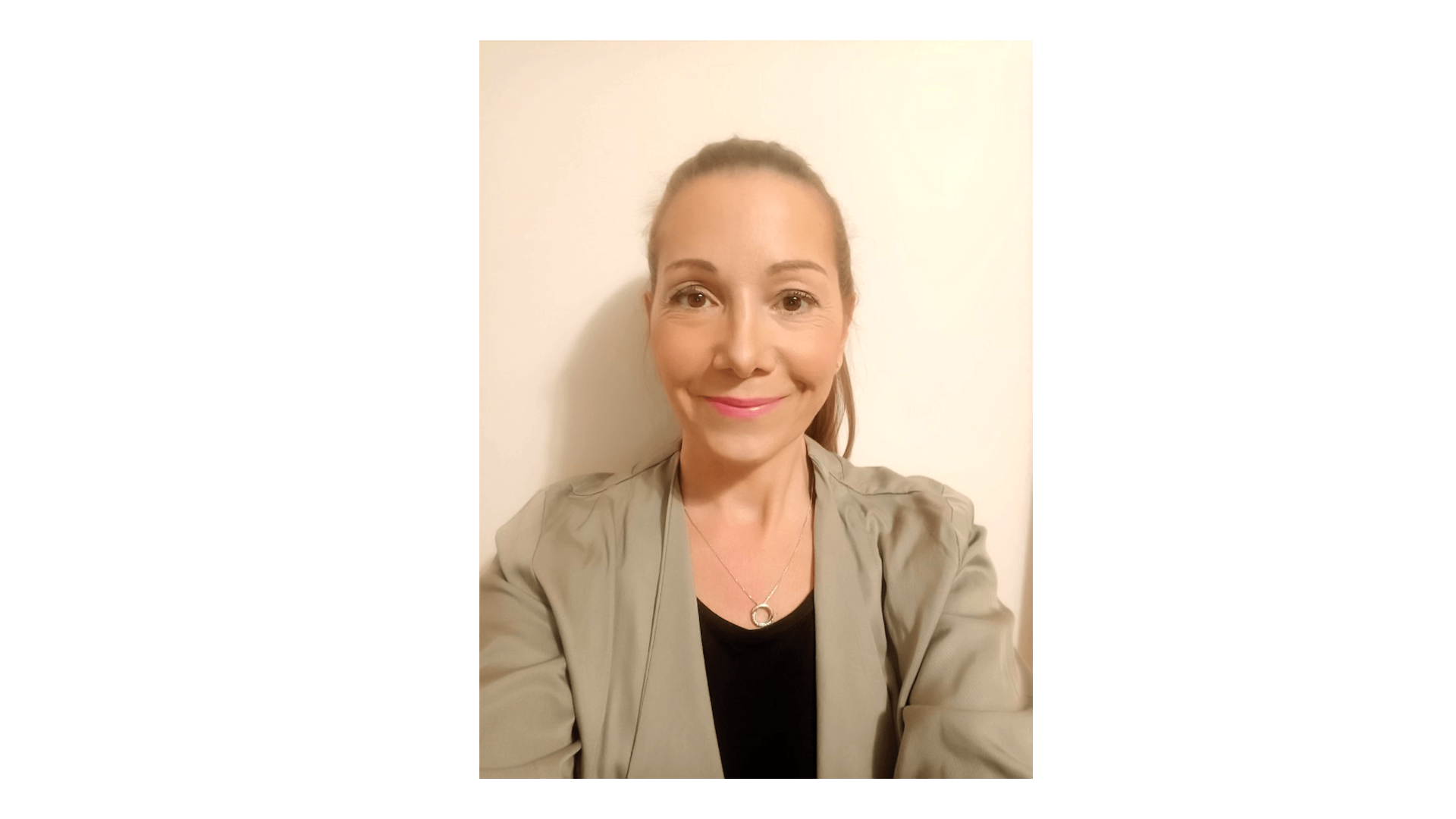4 Minute read
People with depression often experience cognitive-affective impairments, including in their decision-making ability. However, the neural mechanisms underlying these dysfunctional processes and how they may moderate treatment response are not fully understood.
The details
This PhD project will investigate task-related brain activity using functional magnetic resonance imaging (fMRI) to identify the neural mechanisms that underlie impaired cognitive-affective function in depression as well as assess the predictive quality of this activity with regards to treatment response.
Graduate researcher profile: Christine Leonards

I completed my undergraduate degree with honours in psychology at Macquarie University, Sydney. It was during this time that I developed a strong interest in research, so I went on to complete a Master of Research (psychology) with the intention of pursuing a PhD. However, after completion, I was offered the opportunity to pursue registration as a psychologist, so I took a break from research to complete a Master of Professional Psychology and work towards general registration which I received in 2019. Working in private practice and mental health hospitals with diverse populations allowed me to interact with a range of psychiatric disorders, which helped me develop a deeper appreciation for integrating clinical work and research. My joint PhD has allowed me to explore both of these elements further.
I am excited to be completing a PhD project that will produce new insights into the neural mechanisms underlying cognitive-affective disturbances in depression, and that can also be used to inform the effectiveness of treatments and treatment outcomes. I am grateful to be completing a joint PhD which I view as an invaluable opportunity to collaborate with international teams, expand my cultural and research horizons, and further develop my neuroscientific knowledge and skills as a researcher.
Supervision team
- The University of Melbourne: Professor Chris Davey, Professor Ben Harrison
- The University of Bonn: Professor Dr Alexandra Philipsen, Professor Dr Ulrich Ettinger, Professor Dr Bernd Weber, Professor Dr Silke Lux
First published on 2 September 2022.
Share this article
Related items
-
Joint PhD opportunities
See which joint PhD projects are currently open for enrolment in the Bonn and Melbourne Research and Graduate School in Decision Neuroscience.
-
The impact of somatic markers on the decision-making behavior in ADHD and Depression
This research project investigates the basis of decision-making behavior and proof deficient cognition by using functional imaging.
-
How to apply
Apply for a joint PhD with the Bonn and Melbourne Research and Graduate School in Decision Neuroscience.